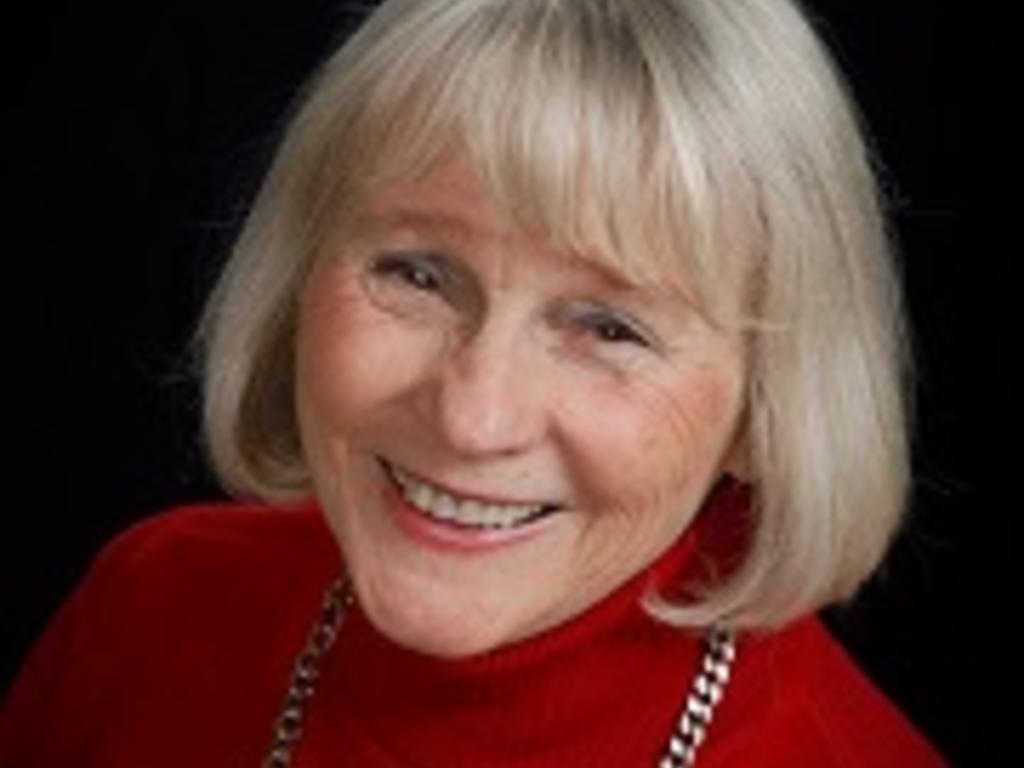Hometown: Turrell, AR
Major at Rhodes: Urban Studies
Current Residence: Memphis, TN
What first inspired your passion to combat homelessness, as you have?
I had been very political in Arkansas. I moved to Memphis and I immediately started looking for a church home. I knew that I wanted to give. Within six months of attending Calvary Episcopal Church I had volunteered to help with the food pantry, and I went on to volunteer regularly with the church’s street ministry program. The first day I walked into the Great Hall at Calvary I was completely and totally and utterly hooked. I noticed the chandeliers, antique furniture, polished wood floors, rich, red velvet drapes, and ten to twelve of the sickest human beings I had ever seen in my life. My heart just went out to them. I went into homelessness because I was called. In the arrogance of ignorance I thought there was nothing that homeless people could do for me, but they have changed my life. Homelessness is about losses. You start dealing with their losses, and the first thing you know, you’re dealing with your own losses. My book, The Concete Killing Fields, is about those experiences.
Your political efficacy has developed with great strides, beginning in your native Arkansas and taking you all the way into a prestigious policy-affecting position within the administration of fellow Arkansan, President Bill Clinton. In between discovering your passion and gaining political status in the nation’s capital, however, you developed your academic credentials by enrolling at Rhodes College at age 48. Why did you choose Rhodes?
I realized that I wanted to do something different - that I wanted to develop a credible voice. I found a Rhodes brochure at my church that announced that the college was seeking “non-traditional students.” I was working with a lot of mental health professionals who would kind of pat me on the head when I shared what I had observed of a lot of homeless patients, so I decided that I needed to know the terminology to go along with what I had learned experientially. To go back to school at my age, at a beautiful liberal arts school with superior professors was an incredible experience. I wrapped up my time at Rhodes with the Washington semester program, and I realized my potential to make an impact on policy.
You have called yourself a “political junkie.” How did your time at Rhodes foster your fascination with politics?
Having been in politics already (I was always politicking for Bill Clinton), what Rhodes did was give me an academic background, and a credible voice.
How did your studies at Rhodes prepare you for your political career?
I changed my major three times. I started off with Sociology, and then I switched to Psychology. In the end, I designed my own major – I did an Urban Studies major. Those classes, that major, and the phenomenal professors I had taught me the valuable skill of how to write. That skill took me very far in Washington.
Was there a specific moment that it just clicked for you that improving the plights of the homeless is what you wanted to do?
I was always drawn to the political side of things, and I developed a deep interest in mental health issues affecting the homeless population after I got involved at Calvary. The answers to society’s problems are political, so of course I got political for the cause that was and still is on my heart.
You have had many experiences that have reinforced your sense of purpose as an advocate for the homeless, and you discuss a few of them in your book Concrete Killing Fields. Could you share an example, to give us all a glimpse of why you do what you do?
When I first got involved in this cause, I saw that the losses were just too great. We lost too many, and I swore that their deaths would not be in vain. I decided to share their stories. One of my favorite homeless people that I worked with was this little tiny prostitute with no teeth, named Cindy. She had HIV/AIDS and a very rough life, and she got to see her story played out as a stage play. Her story touched lives, and seeing it played out in front of her and appreciated by others touched her own life.
How has being an alumna of Rhodes College aided you along your path of advocacy?
When people know you’ve graduated from Rhodes College and they know anything about Rhodes you have instant credibility. I got the credibility I was looking for.
You work with and write about “street people” who have long been “invisible” to the public eye. As a woman, you are a member of another long-invisible political group. How have you handled any stigma you may have encountered against women in politics? And, what advice do you have for the politically driven young women of Rhodes College?
I follow this mantra: “I am woman, hear me roar.” I have worked my way up, and it hasn’t always been easy as a woman. My advice for anyone interested in making an impact in politics is to find a politician that you admire and respect, do your homework on them, and help them, because you’ve got to learn your craft. You can learn so much from working on a political campaign – you learn the guts of politics, how it works on the ground.
What impact would you like for your legacy to have on the Rhodes community?
If I am able to inspire anyone to help a homeless person or to impact any policies to help them in our state, our cities, or nationally, I will have done my job.
Interview by Isabelle Campbell, Rhodes College ′15
